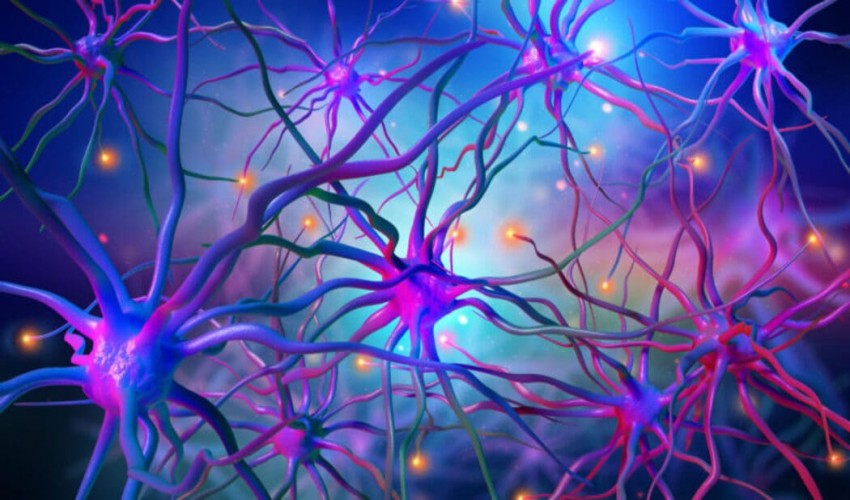
Neurology Research Area
IT
ISRDO Team
16 Jul, 2022 -
in Neurology
1056
- neurosurgeons
- neurological
- neuropathies
- dementia
- alzheimer
- dementias
- encephalitis
The Mayo Clinic's neurology research focuses on both fundamental and clinical science in order to provide innovative procedures and methods for treating neurological disorders. Neurologists in all fields collaborate with neurosurgeons, clinicians, and scientists to advance therapeutic options through various stages, from conception as concepts to testing for safety and efficacy and use as patient treatments. They do this in collaboration with other members of the multidisciplinary team.
The following areas of neurology are being researched:
- Including Alzheimer's and other forms of dementia : Dementias such as frontotemporal and Lewy body dementia are being studied by researchers in a variety of ways. A holistic approach to understanding the disease's origins, early detection, treatment, and prevention is possible when the many components are brought together.
- Neurology of the brain and the brain in critical condition. As a result of clinical and fundamental science studies, new medicines for strokes and brain and blood vessel diseases may be developed in critical care settings.
- Neural development of children as well as teenagers. Pediatric neurologists are prepared to handle a wide range of illnesses in the brain and nervous system, including those affecting the mind and emotions, sleep difficulties, speech impediments, and vision problems, in addition to treating patients with chronic pain.
- Epilepsy. When and why various kinds of seizures occur, and the effects that anti-epileptic drugs and electrical stimulation have on brain cells in order to prevent seizures and epilepsy, are all subjects of current research.
- Parkinson's disease and movement problems. Movement disorders like Parkinson's disease are being studied by neurologists in attempt to uncover the reason and develop novel therapies that may reduce or halt their development.
- Autoimmune neurology, including multiple sclerosis. Multiple Sclerosis (MS), neuromyelitis optica, autoimmune encephalitis, and other neurological disorders may all be linked to the immune system's ability to attack nearly any part of the central or peripheral nervous system.
- Illnesses of the neuromuscular system. ALS (also known as Lou Gehrig's disease), peripheral neuropathies, myopathies, and illnesses of the neuromuscular junction such as myasthenia gravis are some of the many complicated disorders of the muscles and nerves that are being studied in innovative ways.
- Neuro-oncology. These include novel medicinal drugs and gene therapies that can target and kill cancer cells, or disrupt particular signal transduction pathways that drive tumor development.
- Headaches and other symptoms of a migraine. Migraine and other vascular headaches have been successfully treated using research into novel medication treatments, biofeedback training, stress reduction, and dietary modifications that target the vascular, muscular contraction (tension), traction, and inflammation origins of headache.
- Neurology of sleep. Researchers are gaining competence in the diagnosis and treatment of sleep disorders such as narcolepsy, hypersomnia, restless legs syndrome (RLS), parasomnias, insomnia, and narcolepsy in pediatric and adult patients.
- Disorders of the spinal cord. Regenerative medicine and less invasive surgical procedures are among the novel therapies being developed in the field of spine care.